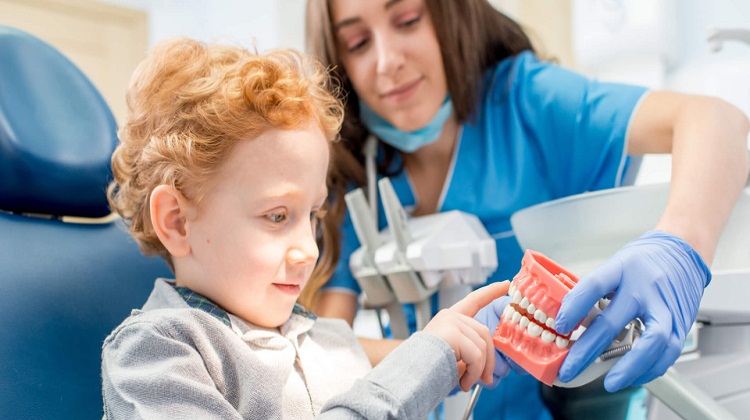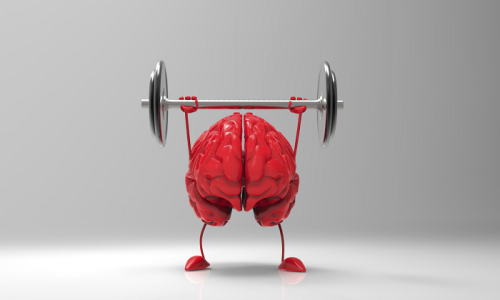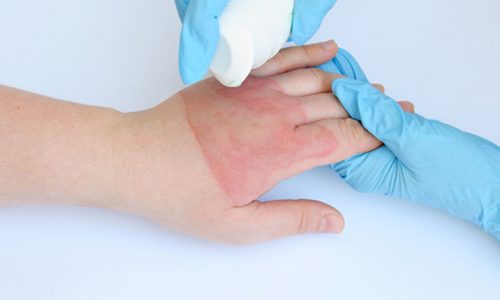
A healthy mouth is essential for both your baby’s development and long-term health. As a parent, it’s important to know how to create a healthy mouth for your child by following the guidelines set by a pediatric dentist. In this article, you’ll learn about some of the most important tips for creating a healthy mouth for your baby.
Oral Cavity Prevention
The mouth is the first and most important place where your baby will learn to eat, speak, and breathe. It’s important to make sure your baby has a healthy mouth from the beginning by following these tips from a pediatric dentist.
To protect your baby’s oral cavity, start by breastfeeding exclusively for at least six months. This will help build up your baby’s immune system and reduce the risk of tooth decay.
Also, keep your baby’s teeth clean by using a fluoride toothpaste every day. If you’re unaware about which toothpaste is best for your child, you should speak with a pediatric dentist in Grayslake, IL. Once your baby starts eating solid foods, feed him or her food that is soft and chewy so that their teeth don’t get crowded.
Finally, don’t forget to teach your child how to brush their teeth properly. Help them practice fluoridation twice daily with a pea-sized amount of fluoridated toothpaste on a moistened toothbrush.
Tips for Good oral hygiene for your baby
There are a few simple things you can do to help your baby have healthy teeth and gums from the start. Pediatric dentists recommend following these tips:
– Brush your baby’s teeth every day. Start with a pea-sized amount of toothpaste, and use a soft brush. Work the toothpaste into all of the child’s teeth, using circular, back-and-forth, and up-and-down motions. Spit out the suds.
– Replace the toothbrush regularly. Toothbrush heads can harbor bacteria that can lead to oral allergy syndrome (OAS), which is an allergic reaction to foods or objects that come in contact with the mouth. Talk to your pediatric dentist about replacing your baby’s toothbrush at least once a year.
– Avoid biting down on hard objects or food. This can put pressure on a baby’s teeth and cause them to decay prematurely.
Baby’s teeth development
Teeth formation begins in the womb. Your baby’s teeth will start to form at about 12 weeks gestation and continue to grow throughout your baby’s first year of life. The process of tooth formation begins with the enamel, or outer layer, of your baby’s teeth. This layer is made up of tiny crystals that will gradually grow and harden over time. As this happens, the space between the teeth will increase, which is why it’s important to keep your baby’s mouth clean and healthy!
The gums also begin to develop during this time. They will become pink, swollen, and slightly ridged (known as “eruption papillae”). These papillae help nourish and protect your baby’s teeth as they develop.
Your pediatric dentist can help you monitor your baby’s tooth development by taking x-rays every couple of months, starting around 6 months old. Additionally, he or she may recommend examining your child for signs of dental problems, such as cavities, early tooth loss, or a gap between one tooth and the next. If there are any concerns about your child’s oral health, be sure to schedule an appointment with your pediatric dentist!
Teething and Baby’s Molars
Teething is a natural process that occurs in infants and toddlers when their molars start to come in. It can cause pain, but there are ways to ease it. Parents can give their babies teething rings or chewables, massage the gums, or give them cold drinks or ice chips. Pediatric dentists recommend giving children foods that are hard to chew, such as avocado, watermelon, and goat milk yogurt. They also recommend using numbing creams or sprays before dental procedures.
How to get a baby’s teeth checked —
If you’re pregnant, you likely know that it’s important to get your baby’s teeth checked as soon as they start teething. And even if you’re not pregnant, it’s still a good idea to check your baby’s teeth regularly, even if they don’t seem to be bothering them.
The American Dental Association (ADA) recommends that all babies have their first dental examination by age 6 months. This is because children at this age are more able to tell you about any problems with their teeth and gums.
Tooth decay isn’t the only thing that can affect a baby’s mouth. A child’s jaws and teeth may also grow too fast if he or she doesn’t have regular dental appointments. This can lead to crooked teeth, overcrowding of the teeth, and other problems.
Signs of Oral Health Issues in Babies
The American Dental Association (ADA) recommends that children receive regular dental checkups starting at age 3. The first step in having a healthy mouth is to identify any oral health issues early. Here are signs of oral health problems in babies:
- Teeth that are crowded or spaced too far apart—This is a sign that teeth may be going untreated or not getting the proper dental care they need. Over time, this can lead to tooth decay and other oral health issues.
- Your baby has gum disease. Gum disease is an infection of the gums caused by bacteria. It can cause pain, redness, and swelling around the teeth and gums. If left untreated, it can lead to tooth loss and other serious oral health problems in later life.
- Babies have cavities. Cavities are pits or holes in the teeth that can form when the tooth enamel (the outer layer of a tooth) wears away due to acid from plaque bacteria. Tooth decay is a major cause of cavities and can also occur if there are no teeth left to protect the pulp (the inner part of a tooth).
- Your baby has poor nutrition. Poor nutrition can lead to poor oral hygiene habits, which can in turn lead to cavities, gum disease, and other oral health problems. Make sure your baby gets enough fluoride for good dental hygiene outcomes!




